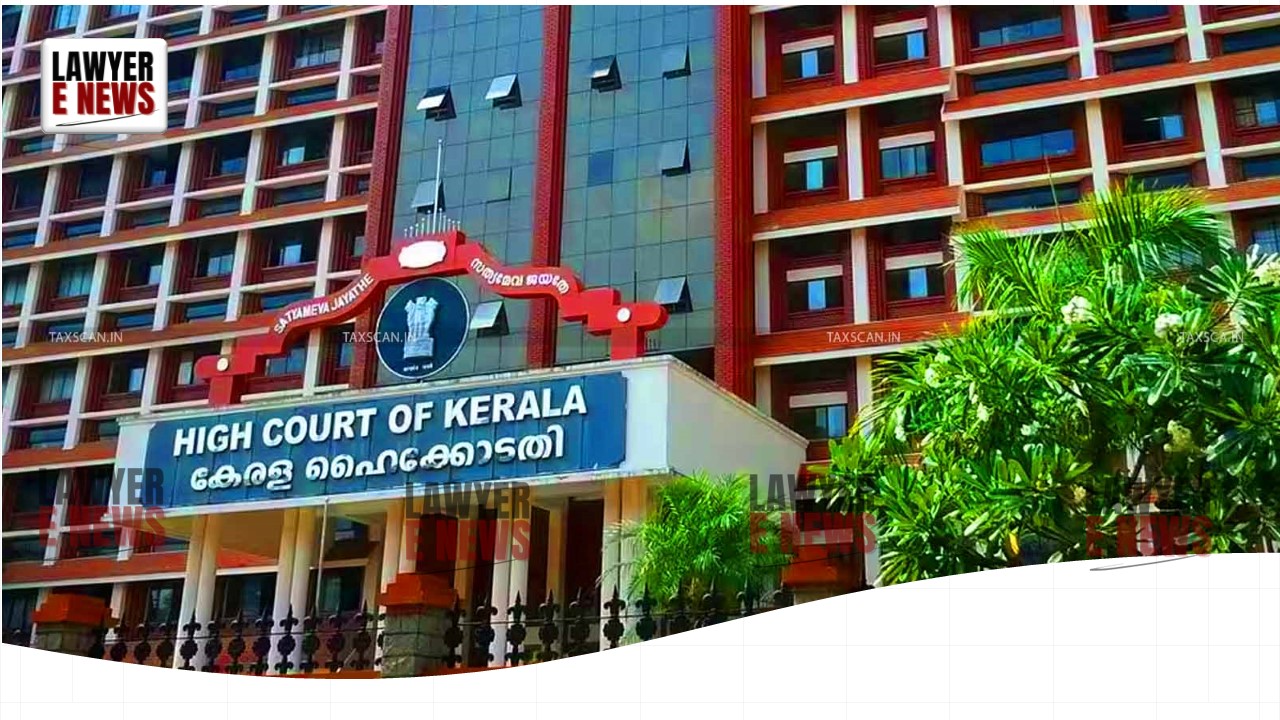-
by Admin
15 February 2026 2:36 AM



On September 11, 2024, the Kerala High Court, under the stewardship of Justice C.S. Dias, delivered a significant judgment in Bail Application No. 6391 of 2024. The case pertained to an alleged offence under the Narcotic Drugs and Psychotropic Substances (NDPS) Act, 1985, with the petitioner being charged with possession of methamphetamine. The court granted statutory bail to the petitioner, underscoring his right to bail as a consequence of the delayed filing of the investigation report.
The petitioner, Shamseer K., was arrested on July 8, 2024, in connection with Crime No. 883/2024 of the Manjeri Police Station, Malappuram, Kerala. He, along with a co-accused, was found in possession of 37.080 grams of methamphetamine, which is classified as an intermediate quantity under the NDPS Act. The petitioner had been in judicial custody since his arrest.
The prosecution initially charged the accused under Sections 22(c) and 29 of the NDPS Act for possessing what was initially believed to be MDMA. However, a chemical analysis report submitted by the Regional Chemical Examiner’s Laboratory, Kozhikode, on September 5, 2024, revealed that the substance in question was methamphetamine and not MDMA.
The core legal issue revolved around whether the petitioner was entitled to statutory bail under Section 167(2) of the Criminal Procedure Code (CrPC), as read with Section 36A(4) of the NDPS Act. Statutory bail is granted if the investigating agency fails to submit a charge sheet within the prescribed time limits—90 days in cases involving intermediate quantities of contraband.
The petitioner argued that the investigation had not been completed within the stipulated time, entitling him to statutory bail. The petitioner further claimed that the substance involved was of intermediate quantity, thus reducing the maximum punishment to 10 years.
Justice C.S. Dias, in his judgment, noted that since the chemical analysis confirmed the substance as methamphetamine, the quantity involved was intermediate. Under Section 167(2) of the CrPC, read with Section 36A(4) of the NDPS Act, the court determined that the investigation was incomplete and the final report had not been filed, making the petitioner eligible for statutory bail.
The court reiterated that the "indefeasible right" to statutory bail arises when the investigation is not completed within the time prescribed under law. Citing landmark rulings from the Supreme Court, including Sanjay Dutt v. State through C.B.I. and Uday Mohanlal Acharya v. State of Maharashtra, Justice Dias emphasized the legal right of the accused to be released on bail if the investigating authorities fail to complete their work in the stipulated period.
Justice Dias granted bail to the petitioner, imposing stringent conditions to ensure compliance. The petitioner was directed to execute a bond of Rs. 1,00,000 with two solvent sureties and report to the Investigating Officer regularly until the trial's conclusion. The court also set conditions to prevent tampering with evidence or committing further offences while on bail.
The decision underscores the importance of procedural safeguards in narcotics cases, particularly concerning the right to statutory bail under Section 167(2) CrPC when the investigation remains incomplete.
Date of Decision: September 11, 2024
Shamseer K. v. State of Kerala
